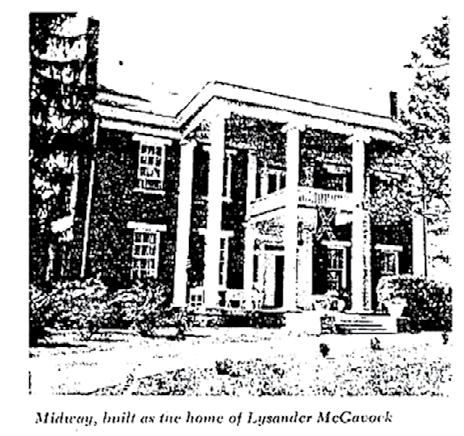
3 minute read
Relentless Surveillance
NEW DOCUMENTARY EXAMINES THE FBI’S NOT-SOSECRET WAR AGAINST MLK
BY JOE NOLAN, FILM CRITIC
In the 1960s J. Edgar Hoover and the FBI were obsessive in their surveillance of Martin Luther King Jr. Their goal was to find incriminating and embarrassing personal information about King in order to undermine his authority as a moral leader of the Civil Rights Movement.
Information gleaned through the FBI’s surveillance has recently been declassified and made available to the public. Director Sam Pollard’s new documentary, MLK/FBI offers viewers a deep dive into King’s life, his movement, and the FBI’s disturbing history as an antagonist to the expansion of civil rights and populist movements.
Hoover is on record saying that his greatest fear in the 1960s was the rise of a “Black Messiah,” and that, “after the March on Washington it’s clear that Martin Luther King Junior is the most powerful Negro in America, and we have to use every resource at our disposal to destroy him.” The roots of the FBI’s interest in the Civil Rights Movement began with standard information gathering on the various Southern black rights activist groups in the South in 1955. The temperature started to rise on their investigations when the bureau discovered that Stanley Levinson – a Jewish American lawyer and a member of the American Communist Party – had become a close friend and advisor to King. For Hoover’s thuggish regime the combination of Reds and Blacks tripped all of Hoover’s racist and Russians alarms at once.
The bureau wiretapped Levinson only to find out that King had remained in touch with his advisor despite King having told both Bobby and John Kennedy that he would sever ties with Levinson at the president’s request. King’s deception set off more alarm bells and more phone taps which revealed that King’s private life was less than monogamous. That’s when the FBI went into the dirty laundry business, shifting from a Cold War investigation of domestic communism to a personal smear campaign. Hoover’s snoops soon graduated from tapping phones to planting microphones in King’s hotel rooms. The relentless surveillance went on for years.
Pollard’s movie is made-up of familiar elements: period footage and still images, images of actual declassified documents and audio from the wiretap recordings. Pollard fills in the blanks with his own short segments, which recreate the period in mid-century Cold War cinema aesthetics: cigarettes in ashtrays, shadowy exteriors, the ominous and relentless spinning of a reel-to-reel tape recorder. The scenes are informed by expert commentators who unravel the story told by the FBI.’s declassified files, but they aren’t introduced onscreen until the end of the film. Pollard’s use of talking heads sans heads is his boldest choice here. It’s a refreshing way to keep the focus on the subject and not the experts. That said, for the entire movie it’s not clear if we’re hearing from authors, historians, police officials or actual peers of King who took part in his movement. I love the idea of keeping the commentators offscreen, but Pollard should have established their credentials and perspectives at the beginning of his film.
MLK/FBI illuminates that Hoover and his agency weren’t rogue actors in their surveillance of King – they had approval and cooperation from both the Kennedy and Johnson White Houses. Pollard’s film even makes references to the idea that the surveillance of King was due to the kind of institutional racism that’s been recently spotlighted by contemporary movements like Black Lives Matter. That said, the film might have gone further: In 1999, King’s widow Coretta Scott King brought a civil suit against Lloyd Jowers – a Memphis restaurant owner who’d confessed to the shooting – and others whom she alleged had conspired to assassinate her husband. The King family felt MLK’s accused murderer James Earl Ray was innocent, and so did the jury at the civil trial. After only an hour of deliberation their verdict was that Martin Luther King Jr. was assassinated by a conspiracy that included Jowers along with “high level government agencies.”
MLK/FBI opened on Jan. 15 on VOD and in limited theaters.
Joe Nolan is a critic, columnist and performing singer/songwriter based in East Nashville. Find out more about his projects at www.joenolan.com.







